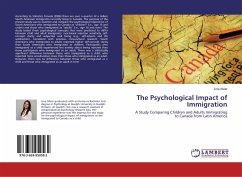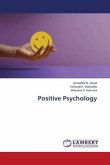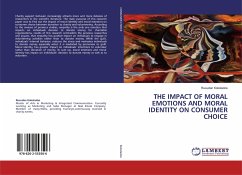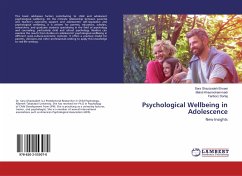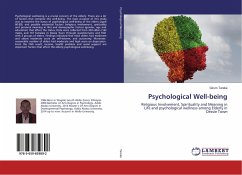The Communist totalitarian system of oppression that operated in Romania during the period between 1945 and 1989 produced severe atrocities and crimes against humanity. Through extended imprisonment in the Romanian Gulag, this totalitarian system traumatized its victims. Experiences from a traumatic event, lacking temporal organization, and evaluative systems, cannot be narrated in a way that accurately communicates the victimizing experience (Barclay, 1995). The purpose of my book is to show how Romanian Gulag's imprisonment experiences produced trauma, which is reflected in the narrative texts generated by the participants in my study. I examine how the incarceration conditions affected victims' psychological well-being. Using a multiple case study approach based on tape recorded interviews, I collected interviews from six victims of Communist imprisonment and analyzed the content using two variables indicative of difficulties of integrating experiences, namely, density and coherence (Barclay, 1995). I also examine how thematical units can express control versus autonomy and I explore dissociation and doubling as adaptive mechanisms in response to trauma.
Bitte wählen Sie Ihr Anliegen aus.
Rechnungen
Retourenschein anfordern
Bestellstatus
Storno



